Service hotline
+86 0755-83044319
release time:2023-09-23Author source:SlkorBrowse:9050
Foxconn, the world's largest contract manufacturer, headquartered in China, produces electronic products for clients around the world. Surprisingly, Foxconn has created approximately 4 million jobs in China. The magnitude of this number is incredible, but it reveals the profound impact of the electronics industry on the Chinese job market.
Apple, needless to say, is one of the largest technology companies in the world, and its iconic product, the iPhone, has become the top choice for consumers globally. However, what you may not know is that Apple has created approximately 4.8 million job positions in China. This includes workers on production lines, engineers, designers, and supply chain management personnel, all contributing significant efforts to Apple's supply chain system.
Tencent, as one of the largest internet technology companies in China, has made a significant contribution to the job market. Tencent has provided employment opportunities for approximately 31.8 million people, including software developers, network engineers, data analysts, and various other positions.
ByteDance, this young and vibrant company, is known for its popular short video application, TikTok. ByteDance has provided employment opportunities for approximately 32.76 million people, many of whom are in positions related to content creation, algorithm development, and digital media.
Alibaba, as the leading enterprise in the Chinese e-commerce industry, has created over 70 million job opportunities. This includes not only jobs related to online retail businesses but also job opportunities in fields such as cloud computing, digital payments, logistics, and digital entertainment.
Although these data need further verification, they indicate the powerful impact of the technology industry and how it is changing people's lives. The aforementioned companies have made significant contributions to economic development.
As an IC engineer, have you ever thought about how a tiny chip can actually create millions of opportunities and provide employment for tens of millions of people?
A chip, no matter how small, holds tremendous potential. So how many job opportunities can a single chip create? The answer to this question is not simple, as it depends on the different types and applications of chips.
Firstly, let's consider small-scale analog chips. These chips are typically used for specific applications such as sensors or controllers. For these chips, a team of only 3 to 5 people may be needed for design, manufacturing, and testing. This small team would include chip design engineers, circuit designers, and testing engineers.
However, when we shift our focus to companies like Intel, ST, or Qualcomm, the situation is quite different. These companies specialize in producing complex high-performance microprocessors and communication chips, requiring large-scale teams to achieve their goals. These large-scale chips create millions of job opportunities, covering multiple fields and functions.
Now, let's delve into what employment opportunities a single chip can actually create?
Chip design and development:
Chip Design Engineers: These engineers are responsible for designing the circuitry and logic structure of the chip.
🔹 Product Engineers: They ensure that the chip meets market demands and are responsible for product planning and development.
🔹 Architecture Engineers: Chip architects define the overall structure and functionality of the chip.
🔹 Front-end Designers: Front-end designers handle the logical design of the chip.
🔹 Verification Engineers: Verification engineers ensure that the chip operates according to the design specifications.
🔹 Back-end Engineers: Back-end engineers are responsible for physical design and layout.
🔹 DFT Engineers: They design circuits for testing to ensure the quality of the chip.
🔹 Analog Engineers: They handle the analog circuit design of the chip.
🔹 Layout Engineers: Layout engineers are responsible for the physical layout of the chip.
Chip manufacturing:
🔹 Research and Development Engineers (TD): These engineers develop new manufacturing processes and technologies.
🔹 Process Engineers (PE): Process engineers ensure the smooth operation of the production process.
🔹 Process Integration Engineers (PIE): They coordinate various manufacturing stages to ensure efficient production.
🔹 Yield/Defect Analysis Engineers (YE): They analyze defects in production and provide improvement suggestions.
🔹 Quality Engineers (QE): Quality engineers are responsible for ensuring the quality of the chips meets standards.
🔹 Manufacturing Department (MFG): The manufacturing department includes various workers and technicians within the factory who actually produce the chips.
🔹 Equipment Engineers: Equipment engineers maintain and manage the production equipment.
🔹 Metrology Department (MMT): The metrology department is responsible for testing the performance of the chips.
🔹 Failure Analysis Engineers: When chips have issues, failure analysis engineers are responsible for identifying the causes.
🔹 Facilities Engineers: They manage the operation and facilities within the factory.
🔹 Product Development Engineers (PDE): Product development engineers assist the production team in ensuring the products are manufactured according to plans.
🔹 Customer Engineers (CE): Customer engineers collaborate with clients to solve technical issues.
Chip packaging:
🔹 Packaging Engineer: They are responsible for packaging the chip into its final form of packaging.
🔹 Materials Engineer: Materials engineers select the materials used for packaging.
🔹 Thermal Engineer: Thermal engineers ensure that the chip does not overheat during operation.
🔹 Electrical Engineer: Electrical engineers are responsible for circuit connections and power management.
🔹 Mechanical Engineer: Mechanical engineers focus on the physical dimensions of the packaging.
🔹 Test Engineer: Test engineers ensure the functionality of the packaged chip.
🔹 Automation Engineer: They develop automation systems to improve packaging efficiency.
🔹 Quality Engineer: Quality engineers are responsible for packaging quality control.
🔹 Manufacturing Engineer: Manufacturing engineers manage the packaging process.
🔹 Chemical Engineer: In certain packaging processes, chemical engineers may be involved in handling specific chemicals.
In addition to the above positions, the chip industry also creates numerous other job opportunities, including software engineers, hardware engineers, field application engineers, supply chain management, business, sales, and more. These positions represent various crucial components of the chip industry.
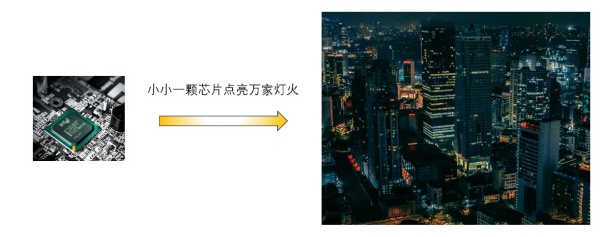
The reason why the chip industry is so powerful is because it covers a wide range of areas from design, manufacturing to application, providing employment opportunities for professionals of different backgrounds. Whether you are an electronics engineer, a software developer, or a marketing expert, there are opportunities for you to find your place in the chip industry.
Unlike many other industries, job opportunities in the chip industry are not limited to specific fields. The rapid development and continuous innovation in this industry allow people from diverse backgrounds and skill sets to participate and contribute to technological advancement.
We have to admit that the chip industry is a tremendous economic engine. It not only creates tens of millions of jobs but also drives technological innovation and changes our way of life. Whether it's smartphones, medical devices, or autonomous vehicles, they all rely on chip support. Therefore, when we are coding, it's worth thinking about the enormous potential and infinite possibilities behind the chips we design. One chip, countless opportunities - that's the miracle of the chip industry.
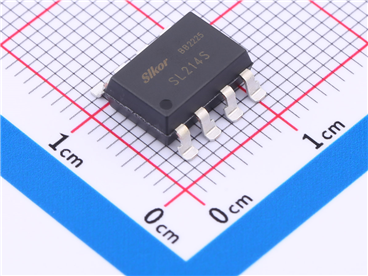
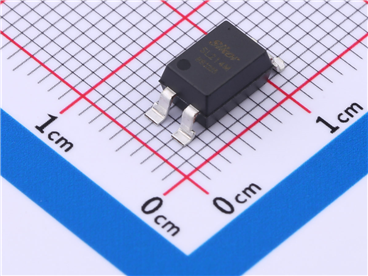
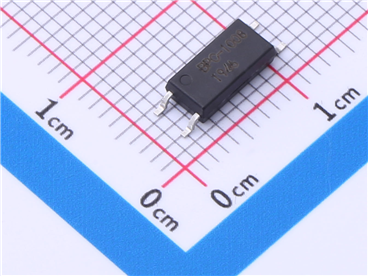
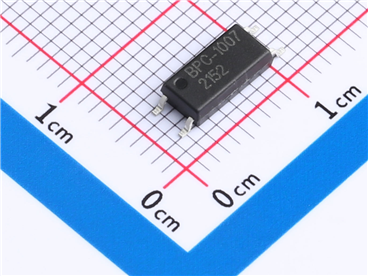
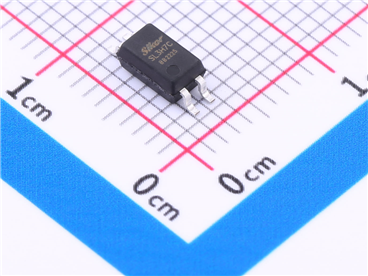

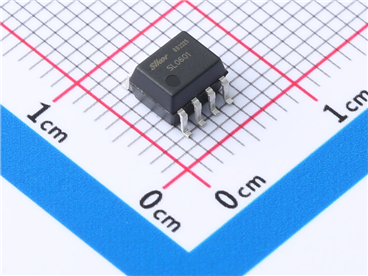


Site Map | 萨科微 | 金航标 | Slkor | Kinghelm
RU | FR | DE | IT | ES | PT | JA | KO | AR | TR | TH | MS | VI | MG | FA | ZH-TW | HR | BG | SD| GD | SN | SM | PS | LB | KY | KU | HAW | CO | AM | UZ | TG | SU | ST | ML | KK | NY | ZU | YO | TE | TA | SO| PA| NE | MN | MI | LA | LO | KM | KN
| JW | IG | HMN | HA | EO | CEB | BS | BN | UR | HT | KA | EU | AZ | HY | YI |MK | IS | BE | CY | GA | SW | SV | AF | FA | TR | TH | MT | HU | GL | ET | NL | DA | CS | FI | EL | HI | NO | PL | RO | CA | TL | IW | LV | ID | LT | SR | SQ | SL | UK
Copyright ©2015-2025 Shenzhen Slkor Micro Semicon Co., Ltd